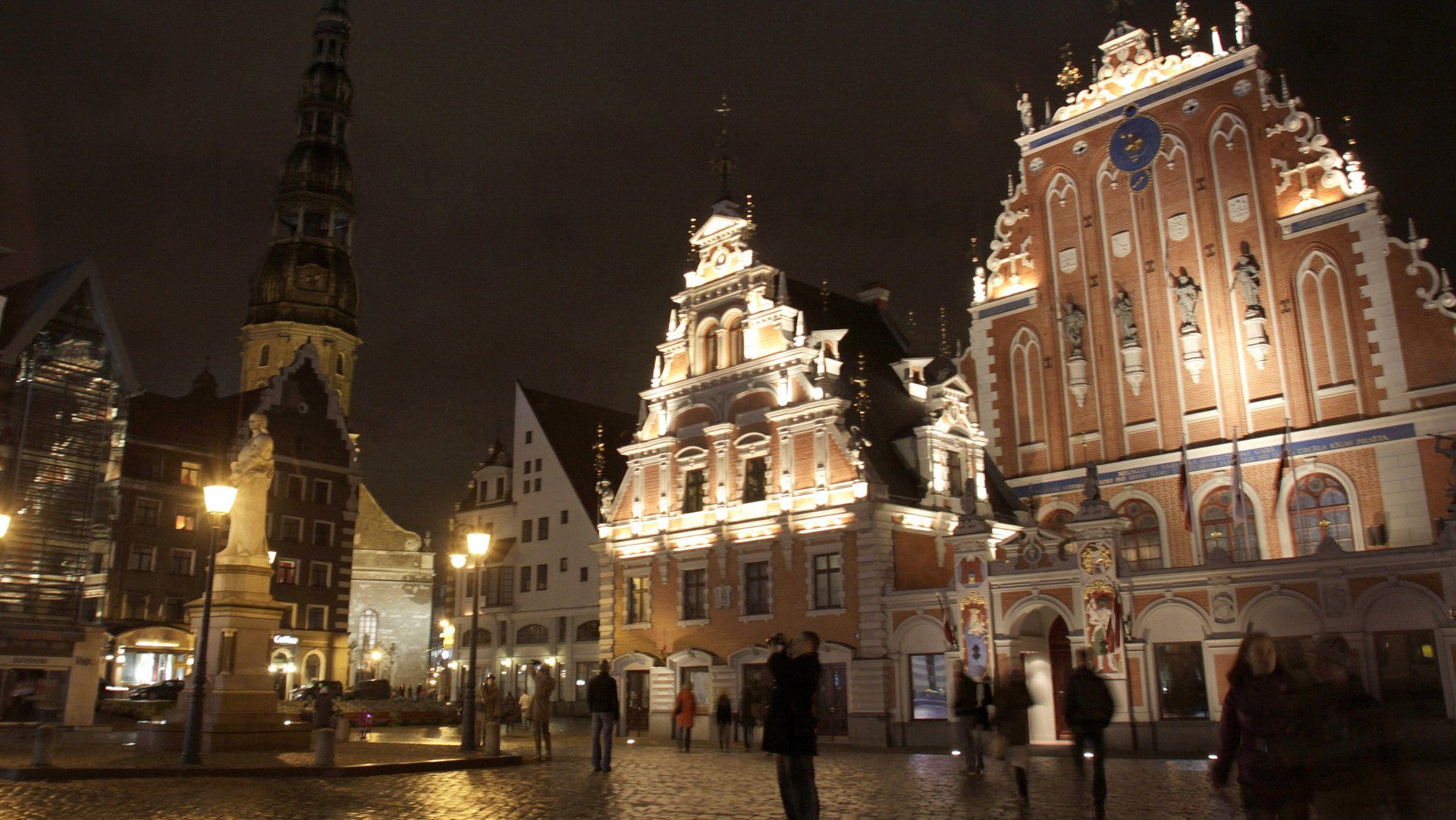Latvia is the best example of an economic disaster somehow defined as a success
The economic crisis’ direct impacts have obviously been severe. Since 2008, tens of millions of people in Europe and the United States have lost some combination of their savings, jobs, houses, or businesses. Yet I think the most poisonous consequence is the way the crisis has warped our thinking and compelled us to define success downward. After the crisis growth rates that would have been considered subpar in the pre-crisis years are suddenly “robust,” job numbers that would have generated a shoulder shrug inspire something bordering on jubilation, and wages that would have been considered exploitative have magically become “competitive.” Spinning disaster into success is a real trick, but the mandarins of the financial world, and particularly those from the European Central Bank, have gotten exceedingly good at it.


The economic crisis’ direct impacts have obviously been severe. Since 2008, tens of millions of people in Europe and the United States have lost some combination of their savings, jobs, houses, or businesses. Yet I think the most poisonous consequence is the way the crisis has warped our thinking and compelled us to define success downward. After the crisis growth rates that would have been considered subpar in the pre-crisis years are suddenly “robust,” job numbers that would have generated a shoulder shrug inspire something bordering on jubilation, and wages that would have been considered exploitative have magically become “competitive.” Spinning disaster into success is a real trick, but the mandarins of the financial world, and particularly those from the European Central Bank, have gotten exceedingly good at it.
Perhaps the best example of this tendency to define disaster as success is Latvia, a country that before the crisis everyone would immediately have labeled a catastrophe. Latvia, you see, has experienced no net economic growth since 2006: its 2008-2009 collapse was severe enough it still hasn’t returned it to its pre-crisis peak of activity, and likely won’t do so until 2015. Unemployment, at around 14%, is still eye-wateringly high, and real wages (those adjusted for inflation) in 2012 were about 5% smaller than they were back in 2007.
Even more alarming for the country’s long-term economic prospects, Latvia’s population has been in free-fall. While there’s a lot of talk about a “brain drain” or “demographic crisis” in Latvia’s large and unloved neighbor, Russia, the simple truth is that Latvia might be the most demographically unstable country in the entire world. Since the year 2000, Latvia has lost more than 300,000 people, and its population has gone from around 2.3 million to just over 2 million. This decline was largely, though not entirely, driven by emigration.as Latvians left the country to pursue better opportunities in the rest of the EU, particularly since the onset of the financial crisis. Though it seems hard to believe, since 2006 Latvia’s population has declined more than Russia’s in both relative and absolute terms.
So Latvia is a country that is much less populous than it was in 2007, that is poorer than it was before the crisis, and that has many fewer people engaged in gainful employment. And yet this is the country that is routinely touted an example of the virtues of austerity, a place that is ready to join the euro zone and that is called economically “resilient” by everyone from the German finance ministry, to the Wall Street Journal, the Economist, and the IMF. And anyone who dares to point out the basic untruth of the comforting morality tale of the sober deficit-adverse Latvians studiously recovering from a crisis foisted on them, like Paul Krugman, is immediately denounced in outraged and hysterical tones. (Baltic politicians, evidentially don’t have nearly enough work to do judging by their propensity for trolling people, including your humble author, on Twitter).
Latvia, of course, has been an economic disaster over the past several years. The best evidence of this is not an esoteric economic theory or some obscure bit of data, but the behavior of Latvians themselves: they have rushed for the exits in shockingly large numbers. So the next time you hear about plucky little Latvia and its “resilient” economy, remember that the situation there has gotten so bad that 10% of the entire country’s population has packed up and left. That is the sort of “success” that we’ve been reduced to celebrating.